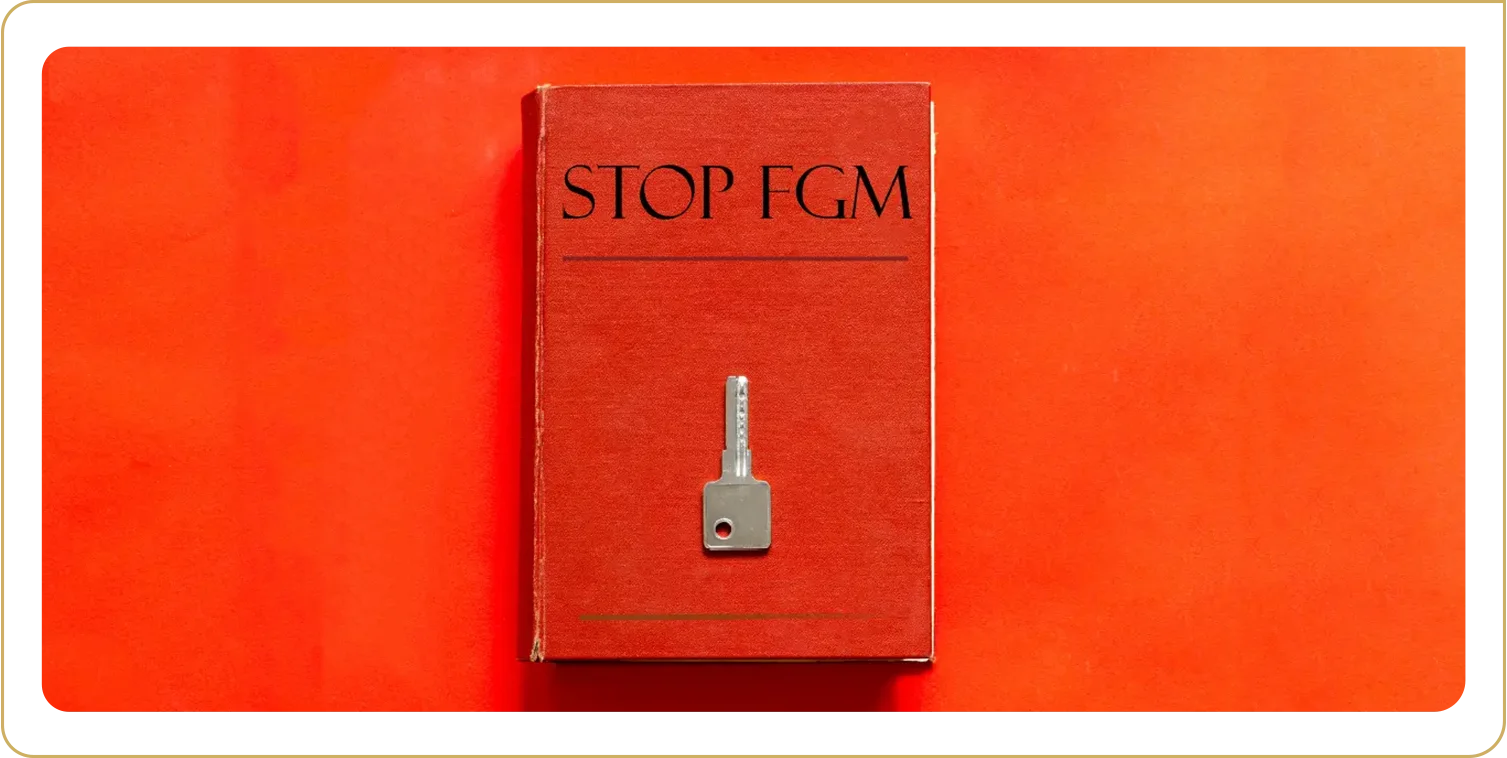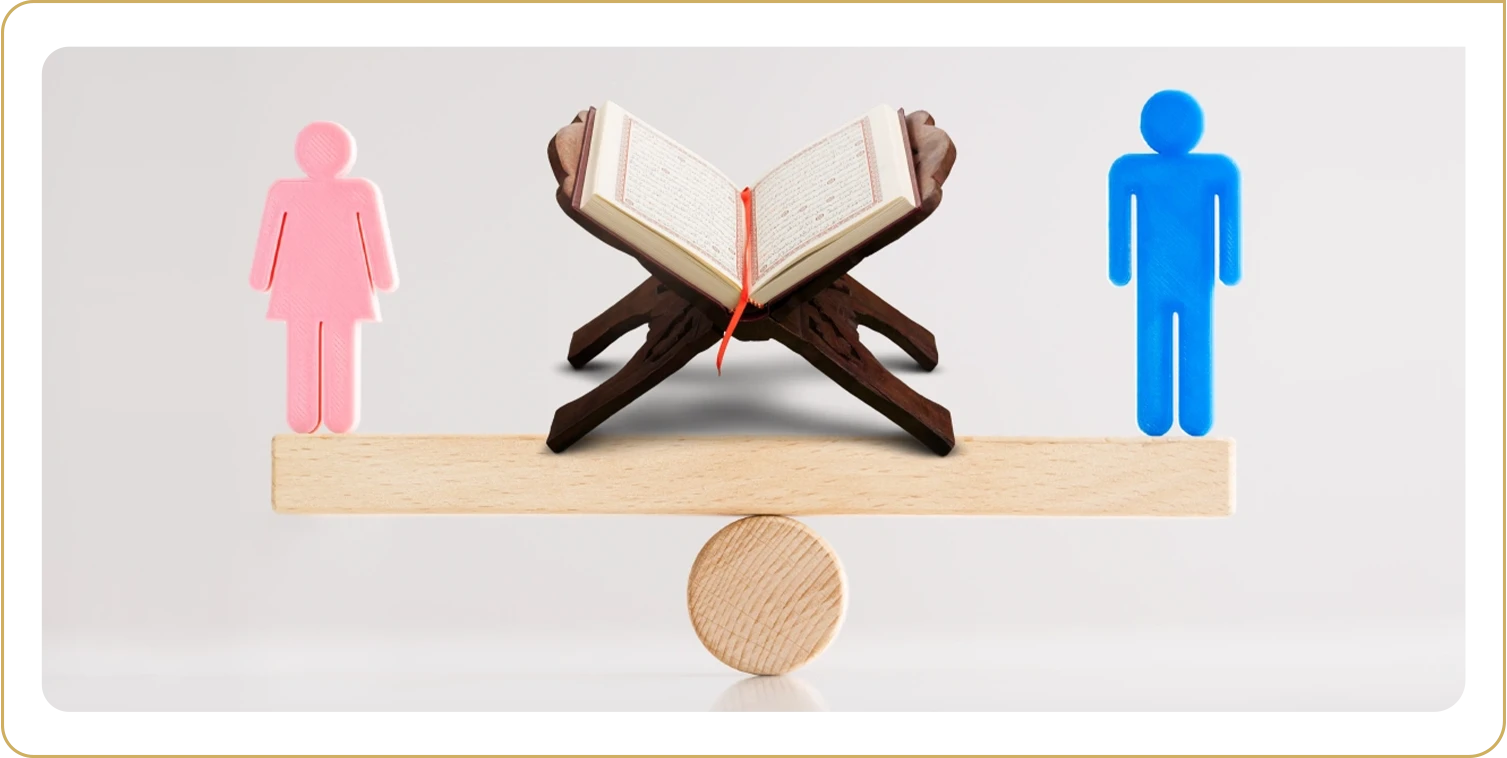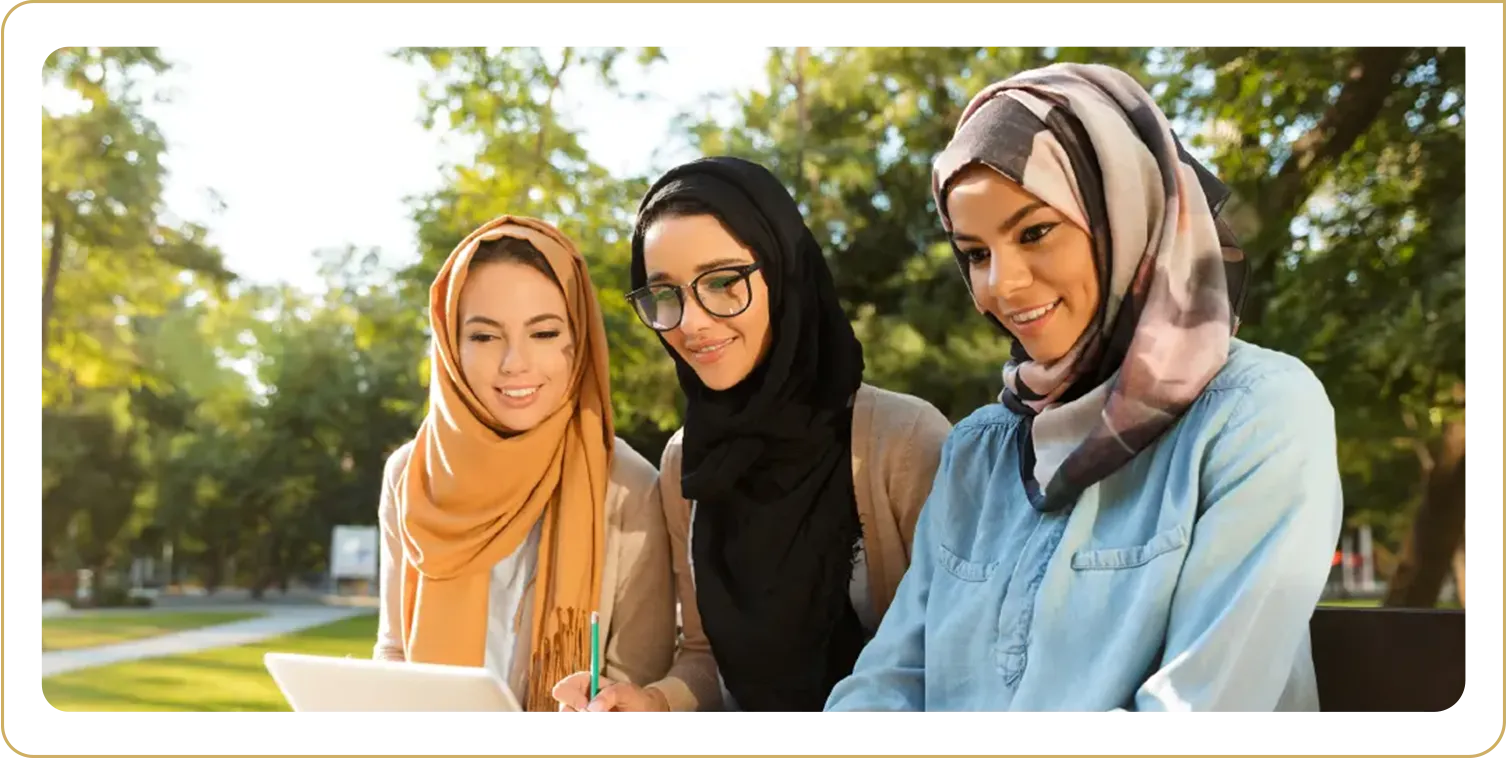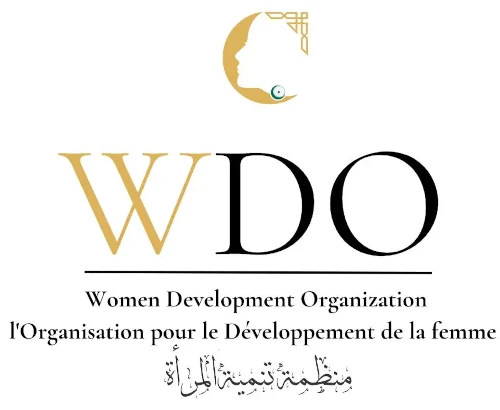Corruption is a major problem that affects societies across the world. It undermines democracy, damages the economy, and erodes public trust in institutions. Women face multiple forms of discrimination, including legal, political, economic, and socio-cultural biases, that put them at greater risk of being affected by corruption. However, women have an integral role to play in fighting corruption.
Human trafficking is defined by the United Nations Protocol to Prevent, Suppress and Punish Trafficking in Persons, especially Women and Children, as: “the recruitment, transportation, transfer, harboring or receipt of persons, by means of threat or use of force or other forms of coercion, of abduction, of fraud, of deception, of the abuse of power or of a position of vulnerability or of the giving or receiving of payments or benefits to achieve the consent of a person having control over another person, for the purpose of exploitation”. The Protocol goes on to add that exploitation also includes, at a minimum, forced labor or services, sexual exploitation, slavery or similar practices, and servitude or the removal of organs.
In an ideal world, workers would receive equal pay for the same amount of work. In actuality, however, there are often disparities in wages between workers due to differences in gender, race, and other characteristics. These differences are called wage gaps. The primary type of wage gaps is the gender wage gap, which is a direct measure of how society values the contribution of men and women, relatively, to the workforce1.
Female genital mutilation (FGM) encompasses all procedures that involve partial or total removal of the external female genitalia, or any other injury to the female genital organs for non-medical reasons1. Scientifically, this procedure has no health benefits for women and girls. In fact, this can cause severe bleeding and problems urinating. Later on, it can cause further complications such as cysts, infections, and issues during childbirth as well as increasing the risk of newborn deaths. This is only the beginning of physical impacts; the procedure can also create psychological trauma and mental scars for victims.
One common thread throughout Islam is the principle of equality or equity1. Islam emphasizes that in the eyes of Allah Almighty, all people are equal, even though they are not all identical to one another. There are differences in appearances, wealth, ambitions, abilities, and so on and so forth. However, none of these differences themselves can establish the status of the superiority of one person over another.
Many people tend to, wrongly, conflate Islam with misogyny and oppression, especially when a topic such as women in Islam or Muslim women comes up. These harmful stereotypes are predisposed to confusing Islam with outdated cultural practices from centuries ago. In fact, most of these people fail to recognize the fact that Islam has empowered women with exceedingly progressive, especially for their time, rights since the 7th century1. In Islam, women are not inferior, nor are they unequal to men.








